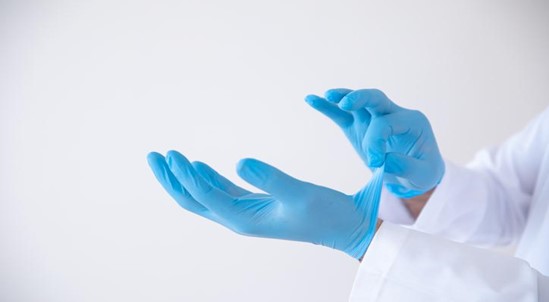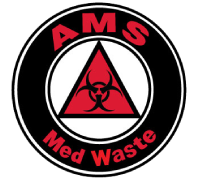
Proper disposal of medical waste can help us cope with the pandemic
Medical waste disposal is an essential part of pandemic planning and recovery that we need to have during the COVID-19 outbreak.
Due to the spread of COVID-19, the government has focused on improving the disposal of medical waste.
The topic of medical incinerators in hospitals is part of the main discussion.
Medical waste is one of the most hazardous forms of waste. Medical waste includes consumables such as used gloves, sharps, and biological waste. This waste is often lightweight but bulky.
Medical waste cannot go straight to landfills or conventional municipal waste plants because they require much higher temperatures and longer time to destroy pathogens that may have contaminated the materials. This is why caregivers must use a medical waste service to sanitize the waste prior to final disposal. In addition, healthcare workers and healthcare personnel at the forefront of the fight against the COVID-19 pandemic must be protected from exposure to infectious waste through proper waste disposal systems which include color-coded containers to segregate different types of waste. Also, containers that limit exposure to sharps prevent injury and infection.
Here are three steps to improve medical waste management to fight COVID-19 and other pandemics:
1: Medical waste collection and segregation
The best practices for managing start at the point of production. To collect waste, we need to know what to collect. Medical waste needs to be separated into different categories for proper disposal. Containers are color-coded and each hold different types of waste:
- Red containers: sharps waste (e.g. needles, blades, razors).
- Red containers with a biohazard symbol: infectious waste (e.g. blood, contaminated equipment, IV tubing).
- Yellow containers: trace chemotherapy waste (e.g. empty vials, gloves, gowns).
- Black containers: hazardous waste (e.g. hazardous meds, P-listed drugs, bulk chemo)
- Blue containers or white containers with a blue lid: pharmaceutical waste (e.g. pills, injectables, antibiotics).
- Yellow, shielded containers with a radioactive symbol: radioactive waste (e.g. lab research liquids, anything contaminated by radiotherapy).
2: Medical waste storage and transportation
The best solution is to contact a medical waste disposal company, which will handle safe storage and transportation for you. Storage is essential until the medical waste can be disposed of in bulk. As for transportation, most medical waste management companies provide special vehicles equipped with state-of-the-art defensive tools.
3: Medical waste disposal and treatment
Always remember: until your medical waste is safely disposed of, you are the one responsible for any fallout it may cause, making it essential to choose a professional waste removal company. Apart from incineration (used for pathological and pharmaceutical waste disposal), there are other biomedical waste disposal methods, including ozone sanitation, microwave and autoclave chambers. These technologies destroy pathogens prior to final shredding. Rely on AMS Med Waste to provide you with the safety and security you need to protect your caregivers and patients.



